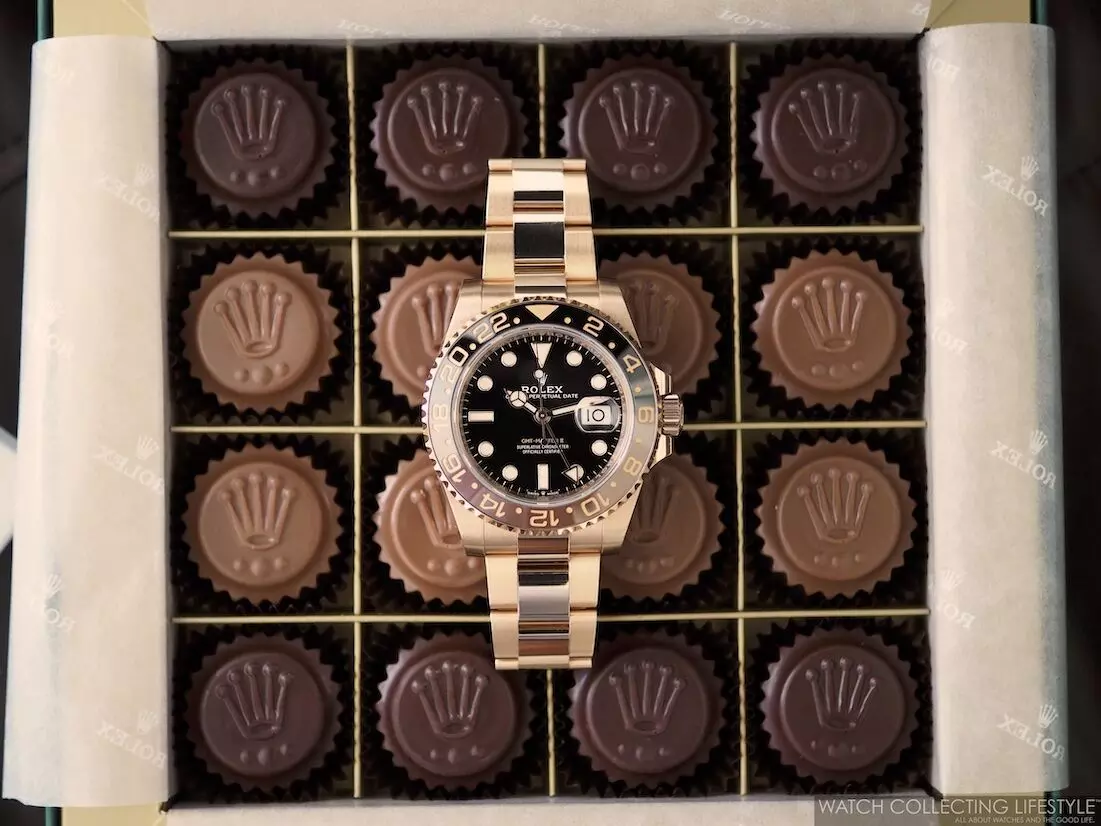TEPA Impact: Indian market to see reduction in Swiss product prices
Swiss watches, and chocolates to enter the Indian market at lower prices. Switzerland is the largest source of gold imports for India
image for illustrative purpose

New Delhi: Consumers in India are set to benefit from the recently signed trade and economic partnership agreement (TEPA) between India and the European Free Trade Association (EFTA) bloc, consisting of Iceland, Liechtenstein, Norway, and Switzerland. This agreement will gradually phase out customs duties on high-quality Swiss products such as watches, chocolates, biscuits, and clocks, making them more accessible and affordable for Indian buyers.
The TEPA signed to enhance trade and investments between the two regions, will see a removal of tariffs on a range of Swiss goods over a period of seven to ten years. An official confirmed, "We are giving duty concessions on Swiss watches and chocolates."
Some notable Swiss watch brands like Rolex, Omega, and Cartier will be included in this agreement. Nestle, a prominent Swiss brand known for its chocolates, already has a significant presence in the Indian FMCG industry and manufactures chocolates locally. It holds the position as the third-largest listed entity in the Indian FMCG segment.
According to an analysis by the economic think tank Global Trade Research Initiative (GTRI), India has granted tariff concessions on various Swiss imports under the TEPA. These include seafood such as tuna and salmon, fruits like olives and avocados, coffee capsules, different oils such as cod liver and olive oil, and a variety of sweets and processed foods including chocolate and biscuits. Additionally, the agreement covers smartphones, bicycle parts, medical equipment, clocks, watches, medicines, dyes, textiles, apparel, iron and steel products, and machinery equipment.
Tariffs on cut and polished diamonds will see a reduction from 5 percent to 2.5 percent within five years of the agreement's implementation. However, no effective tariff concessions have been offered on gold. For wines, duty concessions will be similar to those given to Australia, with no concessions for wines priced under $5.
India and EFTA's two-way trade was $18.65 billion in 2022-23, down from $27.23 billion the previous year. Switzerland remains India's largest trading partner, followed by Norway. Switzerland, known for its innovation, has consistently topped the Global Innovation Index.
Bilateral trade between India and Switzerland reached $17.14 billion in the last fiscal, with India facing a trade deficit of $14.45 billion. India's imports from Switzerland include gold, machinery, pharmaceuticals, coal, optical instruments, watches, soybean oil, and chocolates. Major exports from India to Switzerland include chemicals, gems, jewelry, machinery, textiles, and apparel.
Switzerland is the largest source of gold imports for India, comprising 41 percent of imports, followed by the UAE and South Africa. The precious metal accounts for over 5 percent of India's total imports. Swiss pharmaceutical giants like Novartis and Roche also have a significant presence in India.
In 2022-23, two-way trade between India and Norway was $1.5 billion. Under free trade pacts, customs duties on goods are significantly reduced or eliminated to promote trade in services and investments.
India has received approximately $10 billion in foreign direct investments (FDI) from Switzerland between April 2000 and December 2023, making it the 12th largest investor in India. Norway contributed $721.52 million in FDI during the same period, with Iceland and Liechtenstein also making notable contributions to India's FDI inflow.

